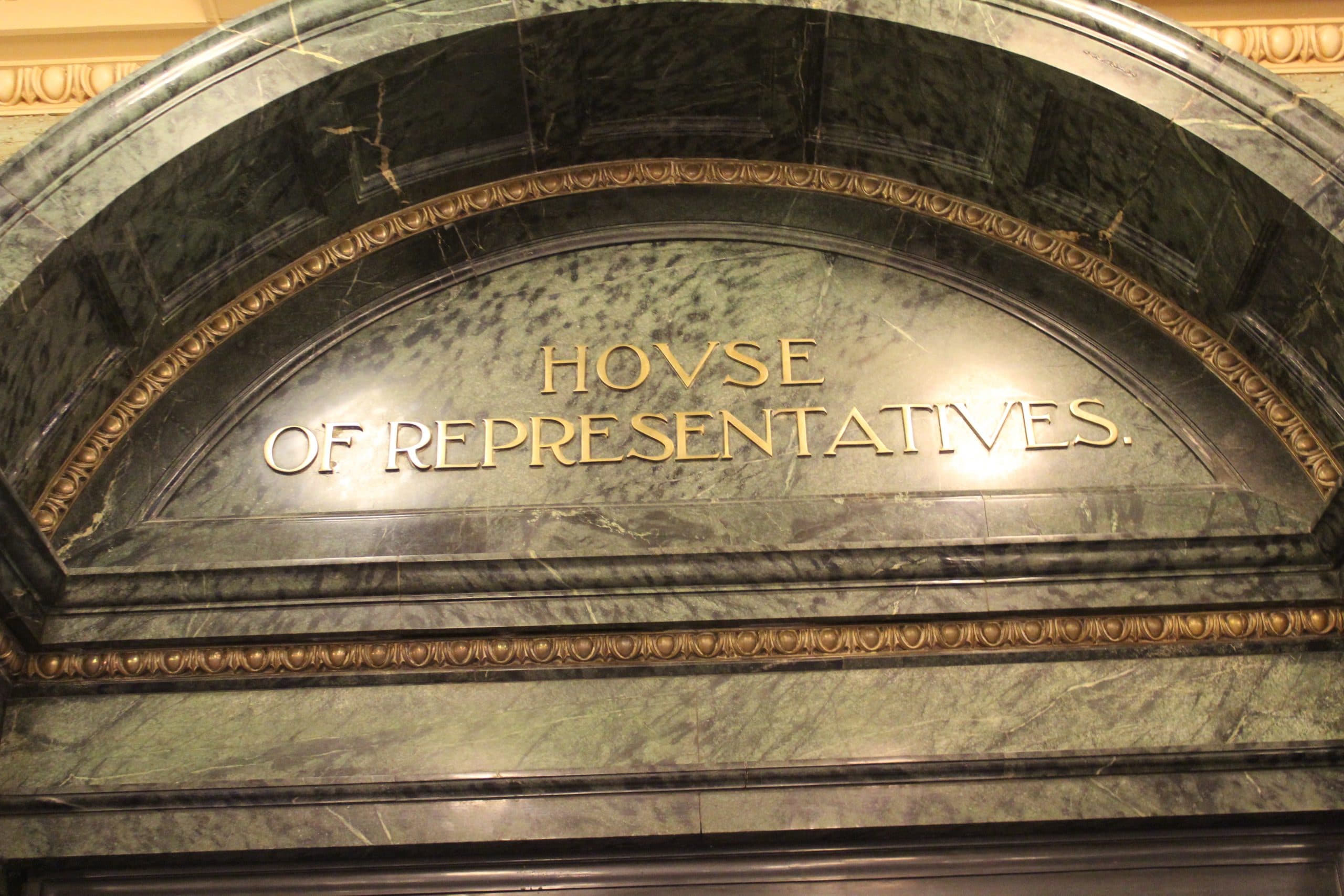Update:
The lottery bill was brought back before the House after it was held on a motion to reconsider, and the bill has been passed by a final vote of 58-54.
Last night, the House voted 54-60 against the bill. Below you’ll find a breakdown of the representatives who changed their vote.
*Update* Here is an update to the earlier vote breakdown. Rep. Touchstone has clarified that his present vote was a no vote. #msleg pic.twitter.com/iZFOc48b8d
— MS Statewatch (@MSStatewatch) August 28, 2018
Original Report:
The Mississippi Infrastructure Modernization Act was sent to the Governor’s desk yesterday, but a portion of its funding could be in jeopardy.
Since the session began, a potential state lottery has been touted as one of the main revenue sources for the plan that’s expected to bring $200 million to the state’s roads and bridges each year.
The first official details regarding the Mississippi Infrastructure Modernization Act have emerged. #msleg pic.twitter.com/3YkL1rbCnJ
— News Mississippi (@News_MS) August 23, 2018
The “Mississippi Lottery Act” was originally passed by the Senate, and an amended version was passed by the House. After a conference between the two chambers, the House took the bill up for another vote, and the bill was shot down by a final vote of 54-60.
A majority of the disagreement on the floor revolved around the creation of a private corporation which would oversee the lottery in Mississippi. Ambiguity in the language of the bill worried some lawmakers that the power of the corporation would be unyielded when it comes to political influence, salary requirements, and even the location of their operations.
Originally the corporation wouldn’t have been subjected to the Public Records Act, but that was changed in the original passage of the bill by the House.
Another point of contention was the potential allowance of “video lottery terminals”. Some worried that video poker, roulette, and other video games would make their way to truck stops and gas stations across the state, which could have a negative effect on the state’s gaming commission.
Along with legislators, the Mississippi Economic Council had their own concerns, and they pulled their support for a lottery if VLT’s were included.
“We believe it is vitally important to protect an industry that has been part of Mississippi’s economy for over 25 years. Collectively, these companies have made billions of dollars of capital investments, have created thousands of jobs, and have paid hundreds of millions of dollars in taxes annually. Mississippi citizens are employed in the gaming industry in several parts of our state. Please do not let out-of-state special interests do irreparable harm to our gaming industry as they have done in other states.” – MEC
In the latest version of the bill, a prohibition on VLTs was implemented. This ban would still allow scratch-off machines to be used.
The lottery bill is currently held on a motion to reconsider, so they’ll need a few legislators to flip if a lottery is to the be created.
With any vote, party lines are always examined, and this bill is no different. Following the vote, Governor Bryant tweeted that House Democrats killed the bill.
“House Democrats voted to continue losing more than $80 million to Ark., Louisiana and Tenn., $10 million-$20 million of which could have gone to education. With federal matching funds included, that could be a $160 million loss. Hope they can explain that to their communities,” Governor Bryant tweeted.
After originally voting for the bill, several Democrats did flip after Rep. David Baria said that their amendments aimed at education were stripped from the bill during the conference.
“It should be noted that the reason why we changed is because all the education amendments were stripped from the House version of the bill,” Baria said.
An amendment which sent revenue in excess of $80 million from the lottery to education was left in, according to Rep. Greg Snowden.
34 Republicans also voted against the bill in the House. A full breakdown of the vote can be seen below.
— MS Statewatch (@MSStatewatch) August 28, 2018
While the House voted not to pass the bill, the Senate voted to pass the measure by a final vote of 31-17.




